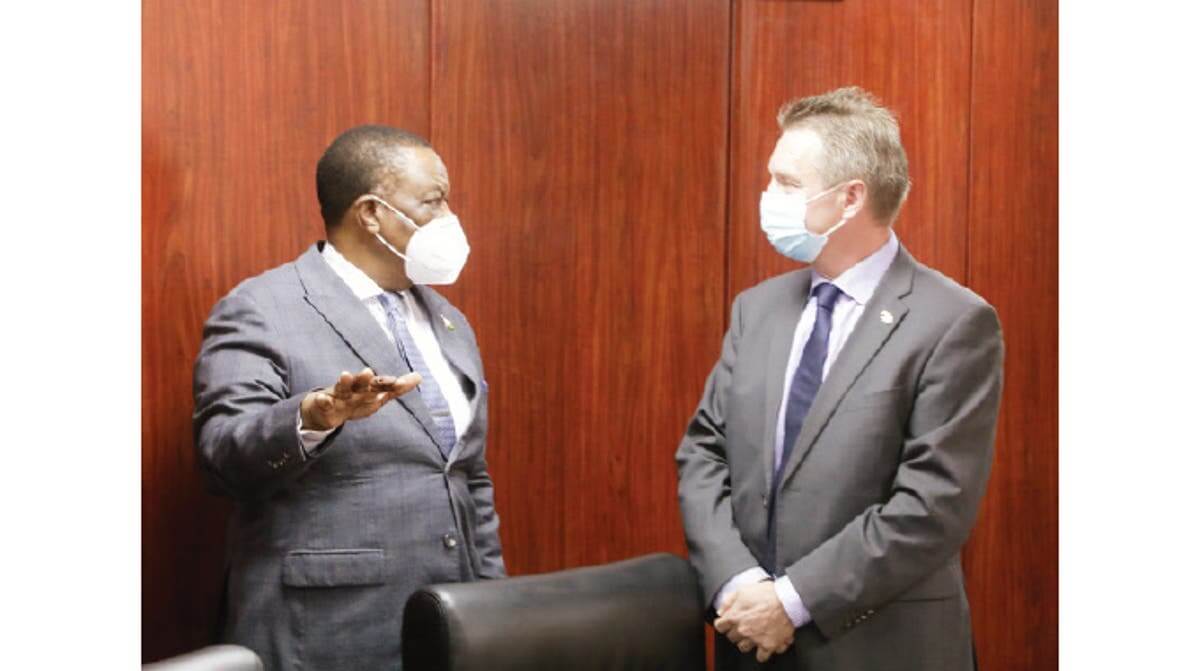
EU to Partner with Zimbabwe Government to Build 24 New Hospitals
Government has expressed commitment to foster transparency and accountability in the use of donor funding extended towards the country’s health sector to ensure continuity of programme and establishment of new hospitals.
Zimbabwe’s health sector has in the past seven years, received support amounting to US$160 million from the European Union (EU), which was administered through the multi-donor Health Development Fund.
Additional support has also been extended through the Global Fund. Speaking after a meeting with the EU Ambassador to Zimbabwe Timo Olkkonen, Vice President Constantino Chiwenga, who is also the Minister of Health and Child Care said yesterday’s discussions focused on past and ongoing financial assistance.
“We covered a number of areas where assistance has been provided in various areas, but more important, is the issue of transparency and accountability. We want to address some of the shortfalls which were taking place in the past,” he said.
VP Chiwenga said the EU had been providing support to Zimbabwe’s health programs from as far back as 2006 adding that there were discussions on funding for new programs.
Finance and Economic Development Minister Professor Mthuli Ncube who also attended the meeting said the Government would work with the EU to come up with a hybrid model to manage resources.
He said the Government was planning to build 24 new district hospitals and had already engaged partners in the European Union for support in investment towards new health infrastructure as well as a health insurance scheme.
Zimbabwe last year identified 10 strategic focus areas for the health sector to guide the National Health Strategy (2021-2025) with development of health infrastructure and procurement of machinery among the top priorities.
“Already when we look at the implementation of last year’s Budget, we will meet the Abuja targets of 15 percent spending on the health sector because of the response to Covid-19,” he said.
Prof Ncube said improved access to health services by citizens was important and the EU had been interested in discussing how it could support a national health insurance scheme.
“We will work together with the EU on ways of coming up with some hybrid models to make sure that resources that they provide can be managed in a way that both sides have full transparency and accountability,” he said.
Prof Ncube said the financing by the EU was making an impact in communities, but Zimbabwe might not be able to fully measure that impact if there was no co-management of resources. Ambassador Olkkonen said the meeting had provided a good platform to exchange notes on various issues.
He said the EU was also supporting Zimbabwe’s response to the Covid-19. “We are also supporting Zimbabwe in their response to the Covid-19 pandemic through the Health Development Fund and also for humanitarian aid we have been channelling funds to the response to the pandemic,” he said. Herald

